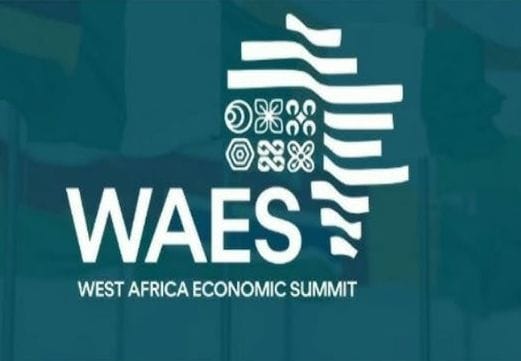Nigeria is taking a major step toward redefining its role in regional development by hosting a high-level economic summit in Abuja on Friday, June 20, and Saturday, June 21. The event, which is the first of its kind not organized under the banner of ECOWAS, is bringing together heads of state, ministers, business leaders, and representatives from key development institutions across West Africa.
The summit is not only intended to showcase Nigeria’s economic leadership but also to create a new, independent forum focused on trade, investment, and regional integration. While ECOWAS has traditionally served as the region’s primary political and economic platform, this initiative signals Nigeria’s intent to carve out a more assertive and innovative role in shaping West Africa’s economic future.
Nigeria Takes the Lead
President Bola Ahmed Tinubu, who pledged during a 2023 visit to Bissau to organize a regional investment event, is fulfilling that promise with this summit. The two-day gathering is being held in alignment with the goals of the African Continental Free Trade Area (AfCFTA), underscoring Nigeria’s commitment to advancing intra-African trade and building a continent-wide economic network.
Nigeria, already the region’s largest economy, is seeking to consolidate its influence by offering a platform where political leaders and private sector actors can engage directly. The summit aims to foster concrete partnerships that can drive innovation, entrepreneurship, and sustainable development throughout West Africa.
A Regional Platform with a New Vision
Two key events—the Presidential Roundtable and the Business Leaders’ Forum—will headline the summit. Around 100 small and medium-sized enterprises (SMEs) and startups from across the region have been invited to participate, offering a rare opportunity for grassroots entrepreneurs to connect with high-level policymakers and investors.
According to Nigeria’s Minister of Foreign Affairs, Yusuf Maitama Tuggar, the event is not designed to mirror the World Economic Forum in Davos. Rather, it is envisioned as an original African initiative that addresses the unique economic and political landscape of West Africa. “The idea is to build a homegrown platform that speaks to our realities and priorities,” Tuggar explained.
Extending a Hand Amid Political Shifts
In a significant diplomatic move, Nigeria has also extended invitations to representatives from Burkina Faso, Mali, and Niger—countries that have formally withdrawn from ECOWAS following political upheavals and military takeovers. Despite strained relations, Nigeria is maintaining a channel of communication with these nations, signaling a willingness to engage in economic cooperation even amid political tensions.
President Tinubu’s gesture comes as his tenure as Chair of the ECOWAS Authority of Heads of State and Government concludes on Sunday, June 22. By inviting the leaders of the Alliance of Sahel States (AES) to the summit, Tinubu has made a final appeal for dialogue and unity, even as West Africa faces increasing fragmentation.
Looking Ahead
The Abuja summit could mark a turning point for regional economic collaboration. By stepping beyond traditional institutional boundaries and emphasizing inclusion, innovation, and African-led development, Nigeria is positioning itself as a catalyst for a new economic era in West Africa.
Whether this platform becomes a lasting fixture in the region’s development architecture remains to be seen, but the summit clearly signals Nigeria’s ambition to lead from the front—economically, diplomatically, and strategically.



